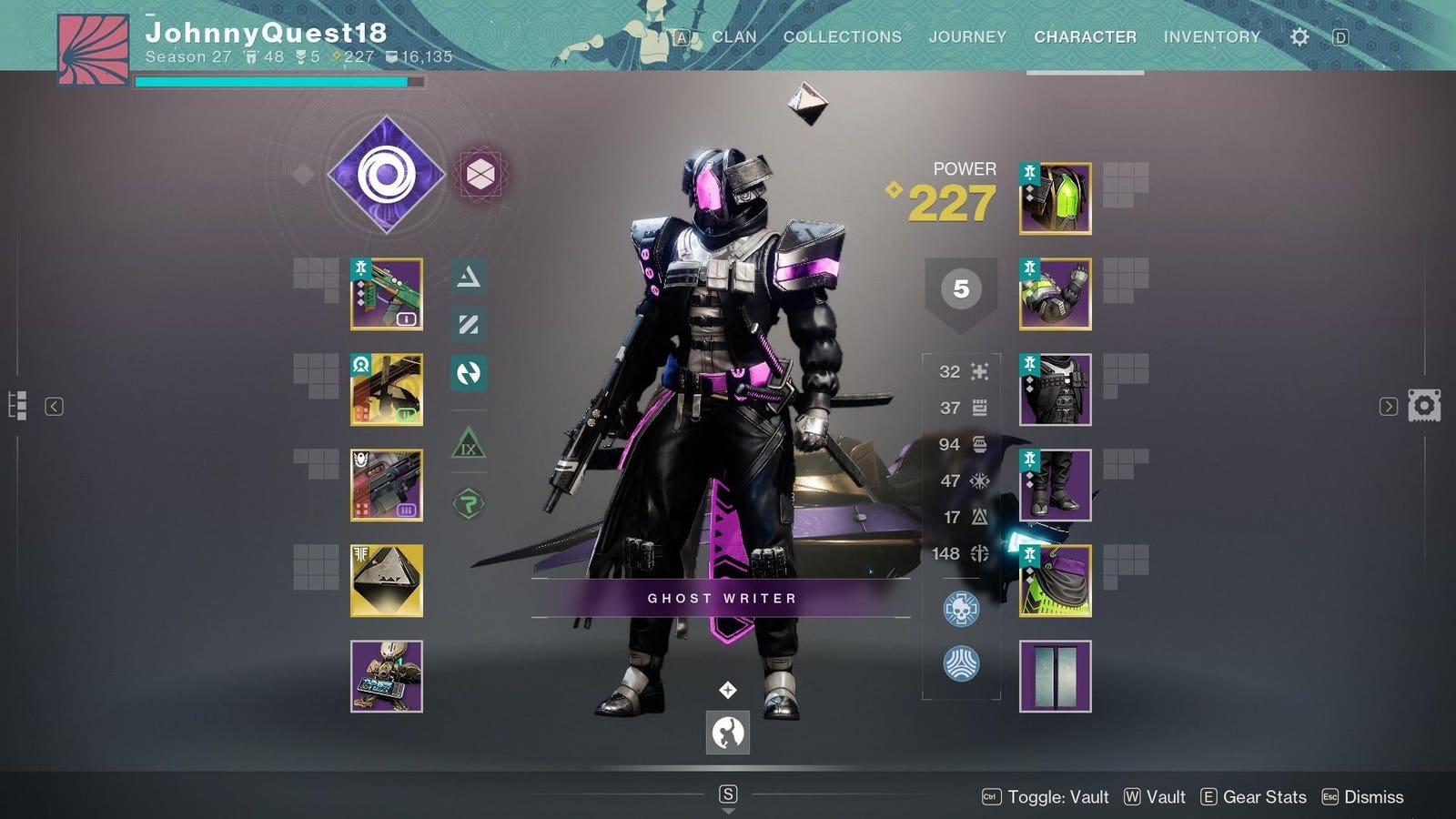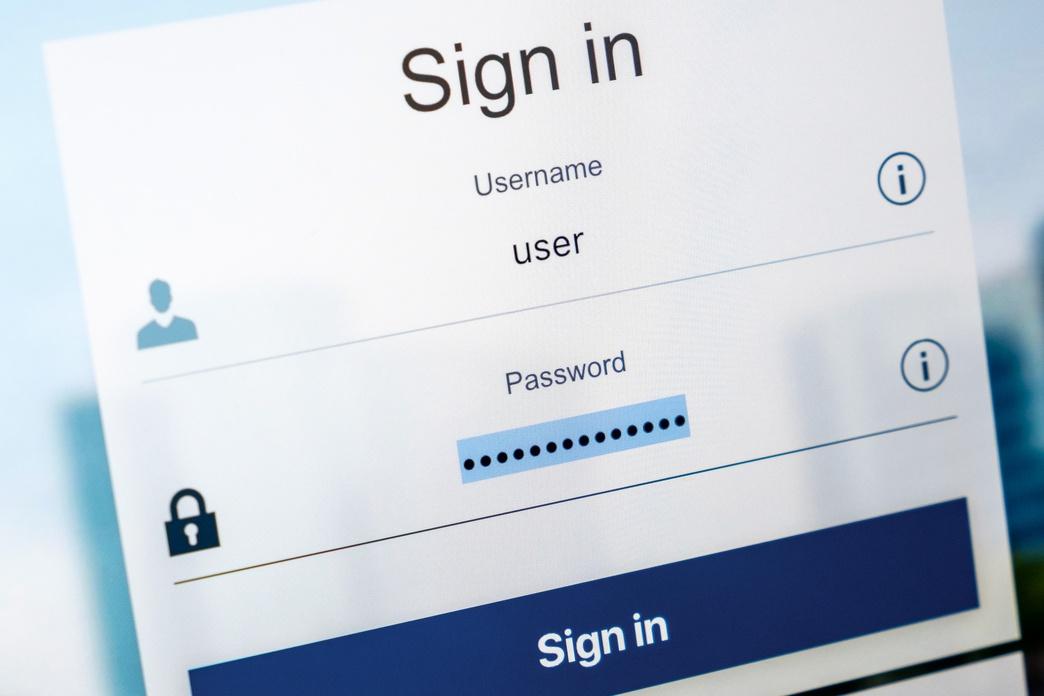Aspiring AI leaders from underrepresented communities gain hands-on experience and mentorship through new internship program.
getty
As digital threats multiply and AI transforms how we defend against them, building a more inclusive and future-ready talent pipeline has become a strategic imperative. That’s why Torq has partnered with nonprofit AI4ALL to launch a nationwide internship designed to do exactly that.
This initiative pairs underrepresented college students with hands-on experience in real-world cybersecurity and AI projects at Torq. But it goes beyond just job shadowing or résumé building. Interns will be mentored by Torq’s R&D and AI leadership teams, including Head of AI Noam Cohen, while contributing directly to product innovation.
I sat down this week with Karin Ophir Zimet, chief people officer at Torq, and Tess Posner, CEO at AI4All, to talk about the initiative and what they hope to achieve.
Zimet explained that Torq sees this as part of a broader commitment: “If I’m able to help even one or two—but hopefully much, much more—I think it’s a great honor.”
Bridging the Gap Between Passion and Profession
AI4ALL has long championed equitable access to AI education. Since its founding in 2017, the organization has worked to ensure that AI’s development reflects the full diversity of the society it serves. Its AI4ALL Ignite program introduces students—many from HBCUs, HSIs, and underserved communities—to technical training, ethical design, and career development.
The partnership with Torq offers a direct continuation of that mission. “We’re trying to create this generation of AI creators that can think about critically what they’re building,” Posner told me. “It’s not just about skills—it’s about purpose, ethics, and agency.”
The internship blends Torq’s AI expertise with AI4ALL’s mission-driven mentorship model, ensuring students get more than a foot in the door—they gain momentum toward meaningful careers.
Learning by Doing, Leading by Example
The program goes beyond simply exposing students to AI theory. Interns will work on security automation, data workflows, and machine learning capabilities that feed into Torq’s core platform. They’ll sit alongside U.S.-based R&D engineers and interface regularly with Torq’s product and AI teams.
Critically, the focus is not just learning the mechanics of AI—it’s about understanding its implications. From bias and misinformation to real-world adversarial attacks, today’s AI systems can have sweeping impact, both helpful and harmful. Programs like this one encourage students to approach the field with both curiosity and caution.
And as Posner noted, representation is central to resilience: “The more perspectives that we have, the more creative solutions we get.” That includes lived experience, geographic diversity, and personal background—factors that help teams foresee unintended consequences and design more inclusive systems.
An Industry-Wide Movement Gains Steam
This initiative reflects a growing shift in how cybersecurity leaders think about talent development. As I’ve explored in Forbes previously, other companies are stepping up in similar ways.
Google has committed more than $20 million to AI and cybersecurity education through public-private partnerships. AWS is working with HBCUs to create job pipelines for students of color, complete with mentorship and technical certifications. 909Cyber recently launched Intern Connect to foster young talent. These are not just feel-good initiatives—they’re business strategy, designed to build a more resilient workforce.
Programs like Torq’s offer a scalable model. Paid internships lower the barrier to entry. Structured mentorship builds confidence. And real-world projects offer a runway into full-time roles—whether in cybersecurity or beyond.
Beyond the Internship
One of the most compelling aspects of Torq’s program is its flexibility. While the company focuses on AI for cybersecurity, the tools and skills developed through the internship have far broader application. Students might go on to work in healthcare AI, fintech, sustainability, or public policy.
As Zimet explained, “This is the first step for them to learn a world that they will be able to use in anything that they do… They really don’t have to stay in the cybersecurity world.”
Torq’s internal culture supports that vision. Employees are encouraged to participate in outreach programs, local mentorship events, and AI-driven hackathons. The AI4ALL partnership is simply a natural extension of the company’s ethos: tech education as a shared responsibility.
From Internship to Impact
Torq and AI4ALL aren’t just preparing students for the next step in their careers—they’re reshaping the pathways themselves. By making AI education inclusive, practical, and purpose-driven, they’re ensuring that tomorrow’s cyber defenders are equipped with both tools and vision.
If the future of cybersecurity depends on creative thinking and ethical innovation, then it must also depend on diverse perspectives and inclusion. And the best way to ensure inclusion isn’t to wait for talent to find the door—it’s to open it, guide them through, and give them the keys.









